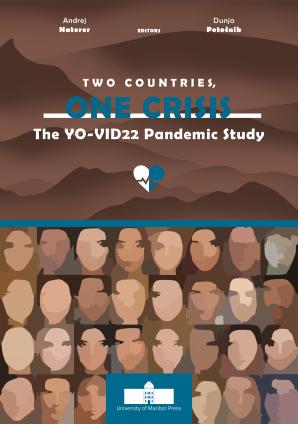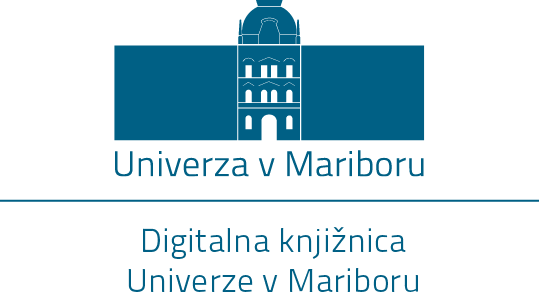9. Support Structures and Intergenerational Support During and After the COVID-19 Pandemic
Kratka vsebina
This chapter examines the role of formal and informal support structures in shaping the well-being and resilience of youth in Croatia and Slovenia. In both countries, families remain the most important support system, particularly mothers, who are consistently identified as central figures in providing emotional and practical assistance. While peers also play a crucial role, the pandemic disrupted these relationships and reduced opportunities for in-person interaction. Institutional support, such as educational and employment services, remains important but often perceived as inaccessible or poorly adapted to the actual needs of youth. At the same time, a low level of trust in political institutions and the welfare system was observed, particularly in Croatia, which reinforces reliance on familial networks. Digital platforms increasingly serve as alternatives for connection and advice, although they cannot replace interpersonal support. Policy implications stress the need to expand accessible, youth-centred services, including mental health care, career guidance, and community-based initiatives. Strengthening institutional trust and investing in participatory frameworks would help diversify support beyond families and foster more resilient pathways for young people’s social integration and life transitions.
Strani
Izdano
Kategorije
Licenca

To delo je licencirano pod Creative Commons Priznanje avtorstva-Deljenje pod enakimi pogoji 4.0 mednarodno licenco.






